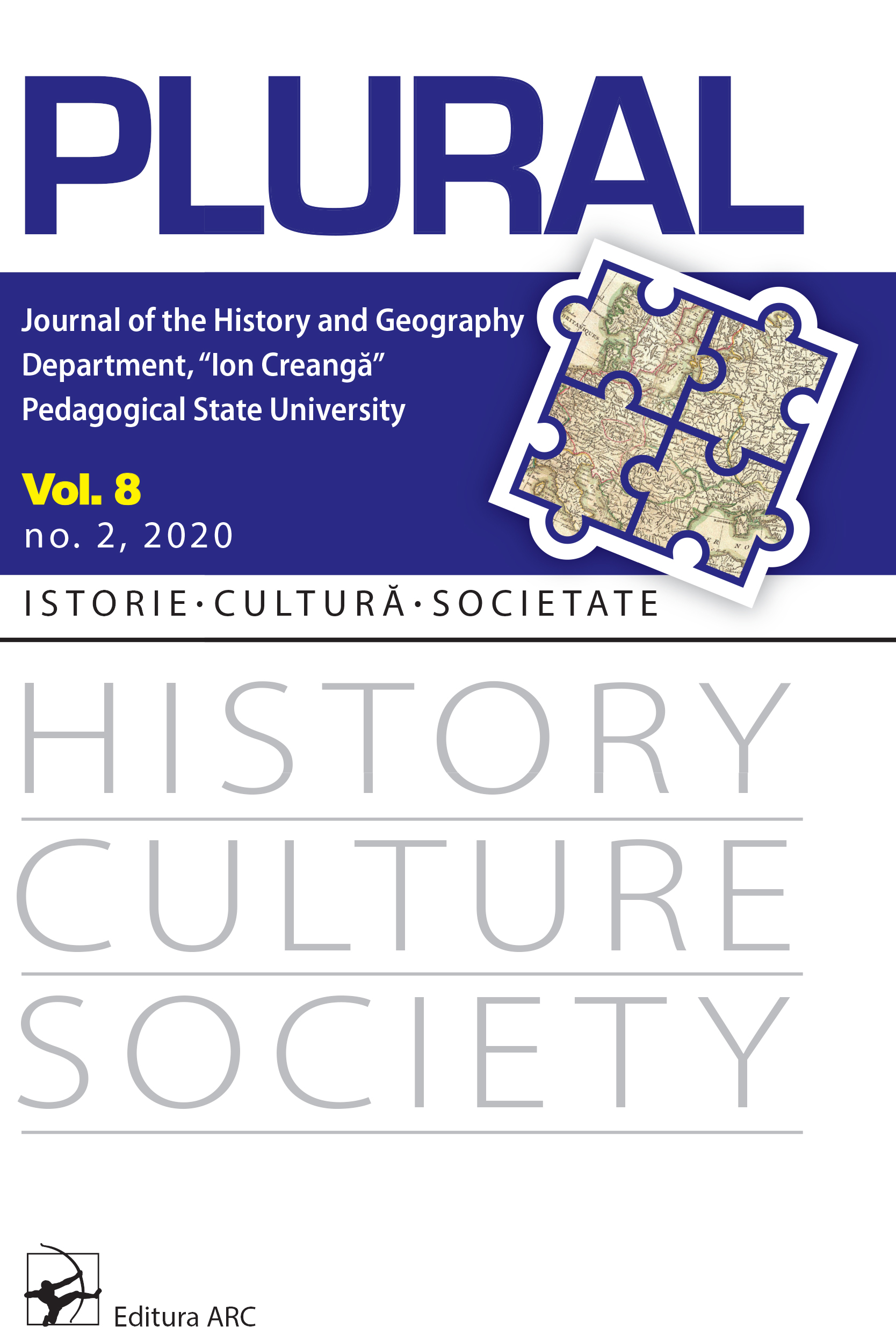World Heritage Sites, Local Communities and Tourists
World Heritage Sites, Local Communities and Tourists
Author(s): Alexandra ZbucheaSubject(s): History, Cultural history, Recent History (1900 till today), Tourism
Published by: Facultatea de Istorie și Geografie, Universitatea Pedagogică de Stat „Ion Creangă”
Keywords: World Heritage Sites Management; Heritage Social Value; Place Branding; Heritage Tourism;
Summary/Abstract: World Heritage Sites are justifiably considered as valuable cultural and economic resources of a place. Previous research was dedicated to identifying the impact of world heritage sites on local development, as well as their ability to interact with local communities and to attract tourists. The present analysis describes the social fabric around the World Heritage Sites, aiming to understand better how these sites connect with various actors for identifying lines of sustainable management for these heritage sites. The study pinpoints that social interactions are very important in this context and that it is a shift towards two-way relationships between heritage and local communities, public administration, resident businesses, and tourists as well. Heritage site-management should consider increasingly more its social value, the local social fabric, communities’ ideals, and subjective well-being, locals’ and tourists stories, the voices, characteristics, and interests of multiple stakeholders.
- Issue Year: VIII/2020
- Issue No: 2
- Page Range: 77-90
- Page Count: 14
- Language: English

